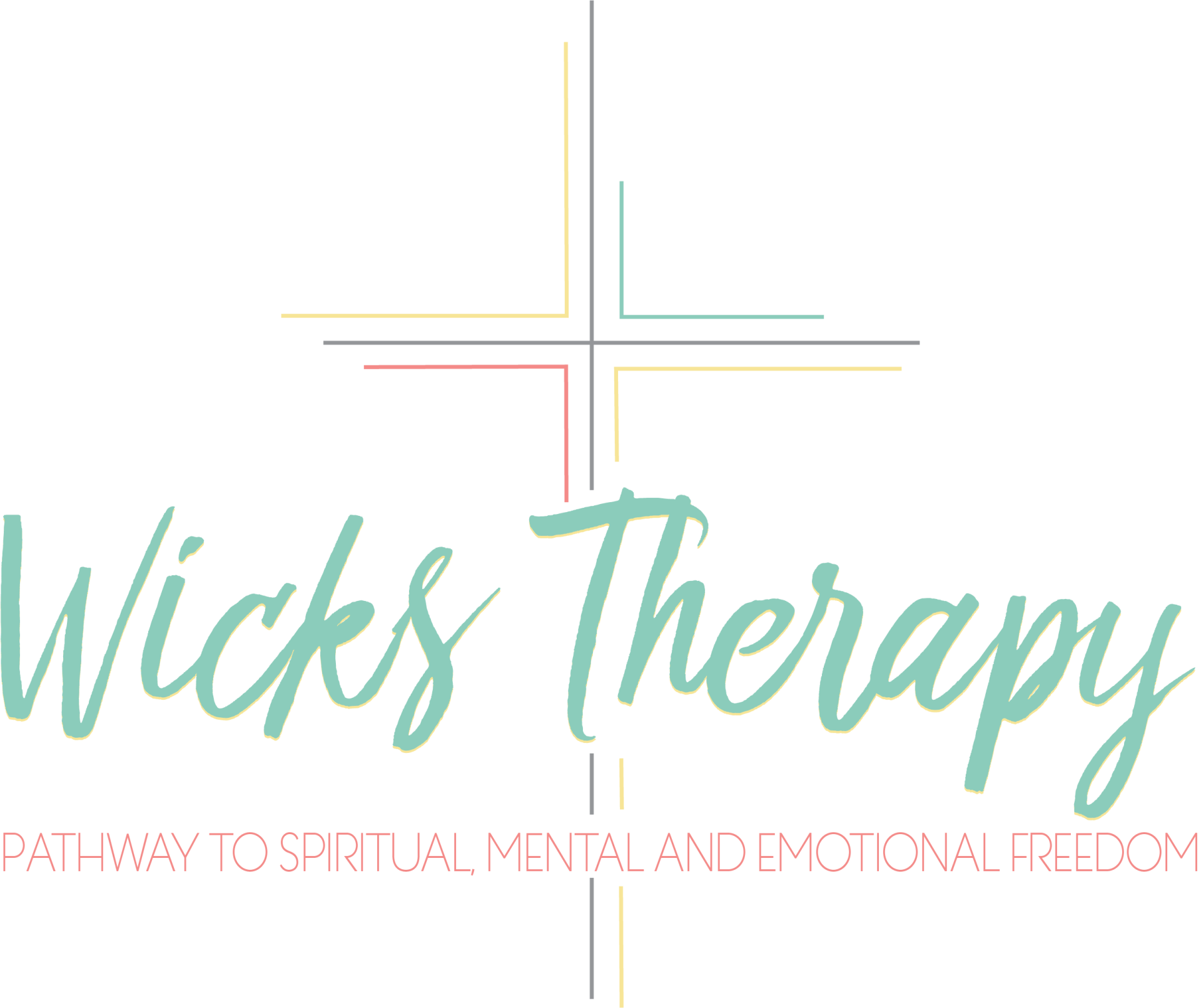Embracing Wellness After Trauma
Embracing Wellness After Trauma
Trauma can leave deep emotional scars, affecting our mental and physical health. The journey of healing from trauma is not linear but cultivating a wellness-focused lifestyle can significantly aid in recovery and foster resilience. Here’s how you can support your healing process through wellness. Recognizing the impact of trauma is the first step towards healing.

Wellness begins in a safe and comforting environment. Make your living space a sanctuary that reflects calmness and safety. Soft lighting, comfortable seating, and personal items that bring joy can help soothe your senses and promote relaxation.
Routine and Structure - Establishing a routine can provide a sense of stability and control. Simple daily rituals like morning stretches, scheduled meal times, and a regular sleep schedule can help regulate your body’s stress responses.
Mind-Body Practices - Techniques like yoga, meditation, and tai chi can reconnect you with your body, often disrupted by trauma. These practices not only improve physical strength and flexibility but also promote mental clarity and emotional stability.
Therapeutic Activities - Engaging in activities that you find therapeutic can be incredibly healing. Whether it’s art, music, writing, or gardening, creative expression is a powerful tool for processing emotions and reducing stress.
Professional Support - While personal and lifestyle changes are beneficial, professional help is often essential in trauma recovery. Therapists specialized in trauma can provide the necessary tools and support to navigate the complexities of healing.
While trauma can profoundly affect your life, integrating wellness practices offers a pathway to recovery and hope. Each step taken towards wellness not only aids in healing from trauma but also strengthens your overall resilience and well-being.









